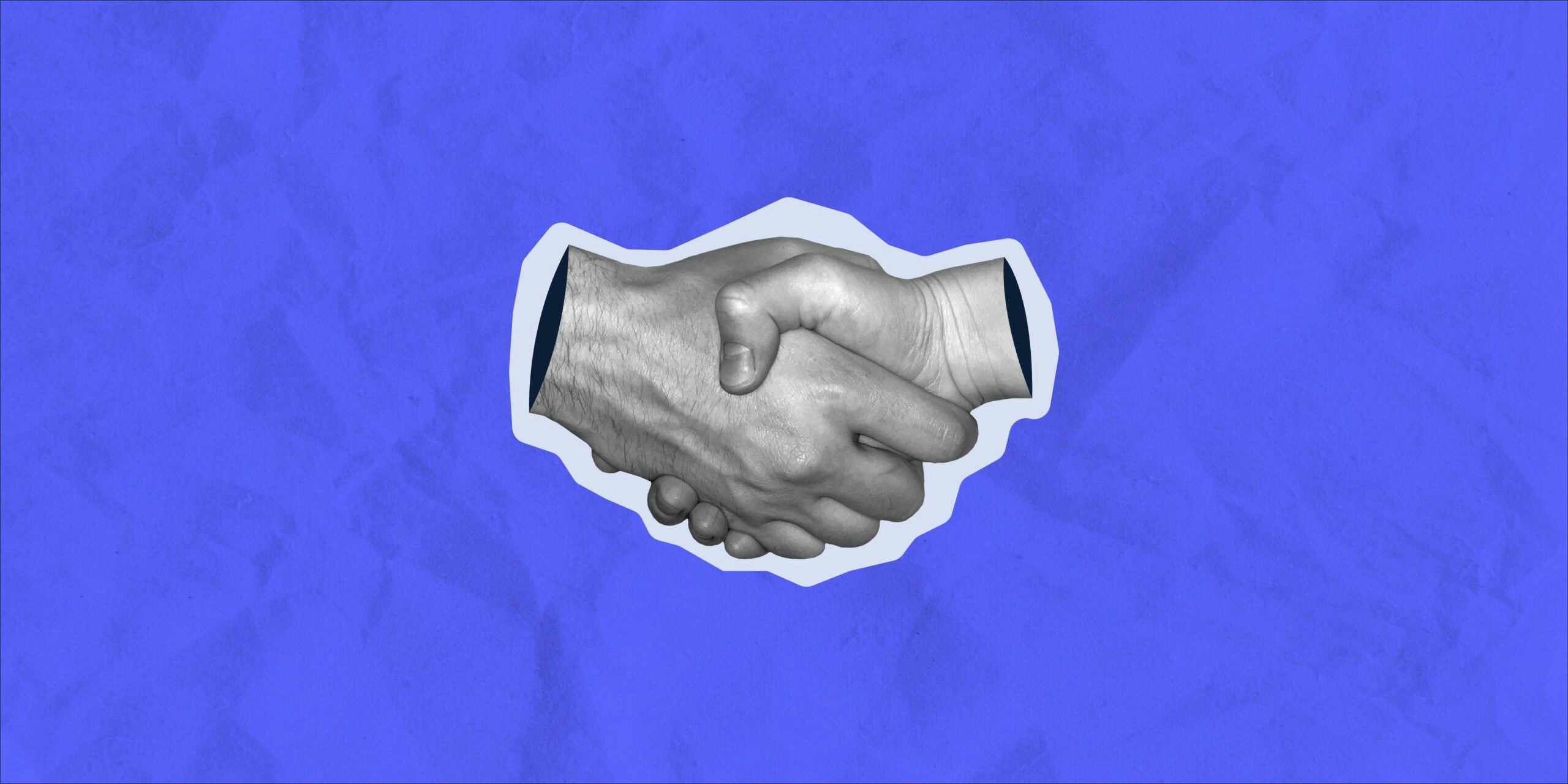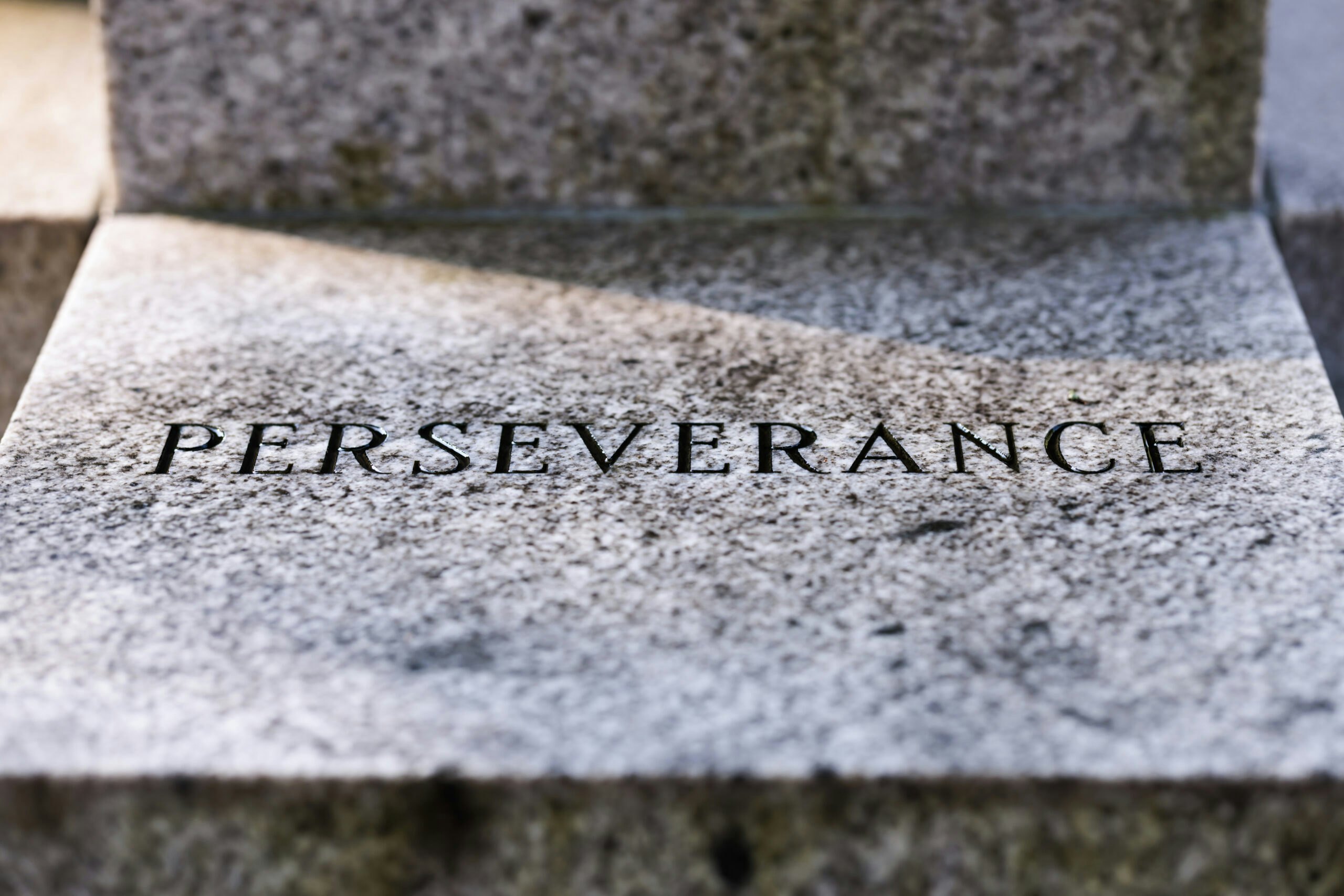The George W. Bush Institute's monthly U.S. democracy roundup
One Big Thing
Could local news be one solution to America’s information crisis? Chuck Todd, the longtime host of NBC’s Meet the Press, believes so. Todd joined the Bush Center’s Strategerist podcast to discuss the state of our information ecosystem and how local news can help strengthen it. To reverse the trend of nationalized journalism (and the distrust that comes with it), we need to revitalize local journalism, Todd said.
But how do we reinvigorate local news, especially when local journalism is on the decline across the country? One solution, according to Todd, is to focus on topics that are directly relevant to local readers – such as local sports, weather, and consumer advice. These news outlets should also look to engage experts in their communities, through columns or newsletters that appeal to niche local interests.
There are practical and optimistic solutions to increase access to reliable information and restore trust in American institutions – and revitalizing local news is an important first step.
Bush Institute Insights
- On March 18, the Bush Center welcomed U.S. Senator James Lankford (R-OK) and former Senator Kay Bailey Hutchison (R-TX) for an event called “Navigating Turbulence.” In a thought provoking conversation moderated by Bush Institute Executive Director David J. Kramer, the senators discussed geopolitical hotspots and how the United States can best navigate today’s foreign policy challenges.
- In a Two-Minute Take, the Don Evans Family Managing Director of Opportunity and Democracy Anne Wicks answered questions about the Department of Education. One key takeaway: States and school districts already make most decisions about what is taught in classrooms. The federal government provides grants to states, collects data, and funds research – along with requiring states to use annual exams and accountability systems to measure student learning.
- Jon Bennion, a 2018 Presidential Leadership Scholar, held his fourth annual bipartisan sausage-making event in Helena, Montana – a gathering that aims to ease tensions and promote civility among state legislators on both sides of the aisle. Chris Walsh, Director of Global Policy at the Bush Institute, wrote about Bennion’s efforts and noted that in any pluralistic society, it’s important at times to set politics aside and prioritize shared experiences that build trust.
- Chris Walsh was also interviewed by Interfaith America about his work to promote pluralism, including through the Bush Institute’s Pluralism Challenge series.
- Several Bush Institute experts reflected on the personal and historical significance of Voice of America and Radio Free Europe – outlets that inspired generations of democracy advocates in places without a free and independent media. Despite being shuttered by an executive order in March, the legacy of these programs lives on in the global struggle for freedom.
What We’re Reading
- The Hoover Institute hosted its Civic Learning Week in March, bringing together educators, students, researchers, and advocates to discuss the role of civics education in our democracy. One of our favorite panels was moderated by Raj Vinnakota, President of the Institute for Citizens & Scholars, which explored how young people understand democracy and their own role as citizens. You can watch that panel here (it starts at 2:29:00).
- Technically not reading, but Jonah Goldberg had an interesting conversation on The Remnant podcast with The Atlantic’s Yoni Appelbaum about his new book Stuck: How the Privileged and the Propertied Broke the Engine of American Opportunity. The book focuses on social and economic mobility, but the way their discussion touches on polarization, civic engagement, and pluralism caught our ear.
- A new study from Scientific American found that Americans grossly overestimate the immorality of their political opponents. When asked in a survey, participants estimated that 23% of those in the opposing party believed in “immoral” positions (like embezzlement or animal abuse), even though the actual number is less than 5%. Despite sharing core values with our political opponents, we tend to think that they are much further away from us.
- In March, the University of Florida’s College of Journalism and Communications hosted “Sunshine Week,” a collaboration between groups in journalism, education, government, and the private sector to promote freedom of information. As part of the event, the Milwaukee Journal Sentinel outlined its use of public records in its local news stories of the past year.
- Not every city is becoming a local news desert – some cities, such as Indianapolis, Memphis, and Santa Cruz, have fostered growing local news industries, aka “news rainforests,” as reported by the Poynter Institute.
- Something fun: Need a quick primer on how the three branches of government work together with checks and balances? This School House Rock classic maps it out for you (and any curious children watching over your shoulder).































